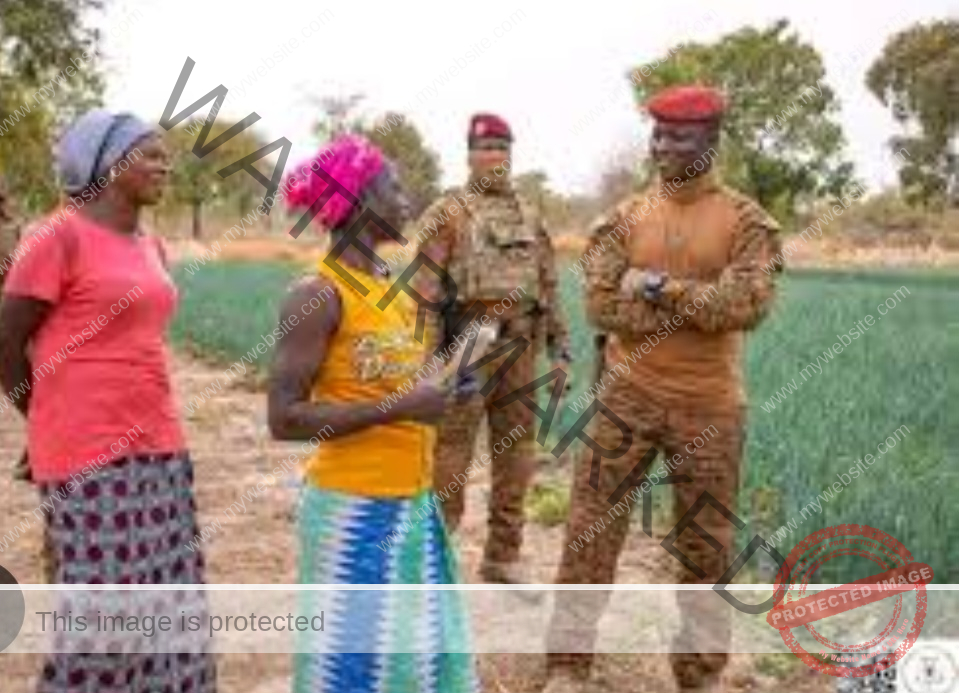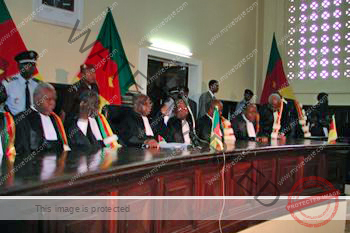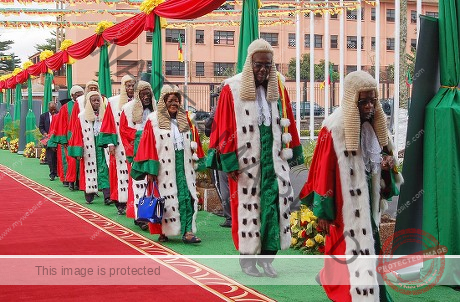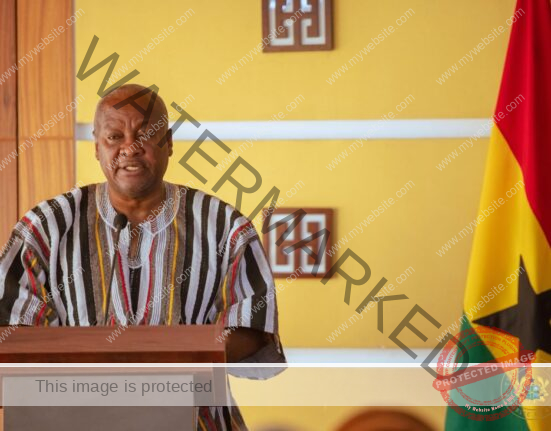By Young Jean-Pierre | Senior Correspondent – Pan-African Affairs & Geopolitics
June 2025 – Ouagadougou / Abidjan / Abuja / Paris
In the late 20th century, West Africa saw a bold experiment in independent governance and economic reform under the leadership of Thomas Sankara in Burkina Faso. His administration emphasized national ownership of resources, reduction of foreign dependency, and resistance to inherited colonial financial structures. His assassination in 1987 marked a turning point in the region’s political and economic direction.
Today, under the leadership of transitional figures such as Captain Ibrahim Traoré, similar themes have re-emerged—particularly around financial sovereignty, defense realignment, and regional cooperation. This exposé examines the evolution of West African monetary systems, regional political dynamics, and the educational value of these experiences for understanding postcolonial economic governance.
I. The CFA Franc and the Legacy of Post-Colonial Monetary Systems
The CFA franc, introduced in 1945, continues to be used by 14 countries in West and Central Africa. While proponents argue it provides monetary stability and low inflation, critics view it as a limitation on national economic autonomy. Key characteristics include:
A fixed exchange rate with the euro
External reserve requirements held in France
Decision-making power shared with non-African stakeholders
For many economists and historians, this structure reflects a tension between financial integration and national sovereignty in former French colonies.
II. Thomas Sankara: Reform, Resistance, and Legacy.
Between 1983 and 1987, President Thomas Sankara implemented policies to:
Nationalize land and key industries
Encourage local production over imports
Promote gender equity and public health
Oppose reliance on structural adjustment programs from international lenders
His administration’s stance on the CFA franc and international financial institutions became a point of contention in regional and international politics. His assassination and the political realignments that followed highlight the difficulties reformist leaders face when attempting structural change.
III. Contemporary Reforms: Captain Ibrahim Traoré and the Alliance of Sahel States
In 2022, amid internal unrest and security challenges, Captain Ibrahim Traoré assumed transitional leadership in Burkina Faso. Since then, his administration has pursued:
Greater security cooperation with Mali and Niger
Reassessment of foreign military presence
Interest in establishing regional financial institutions and a new central bank
While the international response has been mixed, these actions have ignited discussion around West Africa’s future economic trajectory.
IV. The ECO Currency Initiative: A Missed Opportunity?
In 2019, the Economic Community of West African States (ECOWAS) proposed a new regional currency, the ECO, to enhance integration and reduce dependence on foreign currencies. The original vision aimed to:
Bridge linguistic and colonial legacies between Anglophone and Francophone nations
Reduce transaction costs and currency volatility
Increase regional self-determination
However, differing timelines, policy frameworks, and external influences led to delays. A 2020 announcement by Côte d’Ivoire to rebrand the CFA franc as the ECO without changing its monetary policy framework sparked concern among stakeholders, including Nigeria and Ghana. The initiative remains in development.
V. France’s Continuing Engagement in West African Financial Affairs.
France’s historical involvement in West African currency systems, development programs, and military alliances has long been a subject of academic and diplomatic scrutiny. While cooperation continues through shared institutions and development funding, many West African leaders and civil society actors advocate for:
Stronger representation in decision-making
Reforms to reserve management structures
A reexamination of long-term monetary policy goals
Scholars debate whether current arrangements support or hinder inclusive growth and long-term economic resilience.
VI. Emerging Regional Models and Challenges Ahead.
The Alliance of Sahel States—Burkina Faso, Mali, and Niger—has expressed interest in regional integration based on:
Joint security frameworks.
Shared energy and infrastructure projects.
Discussion of alternative currency arrangements.
However, these efforts face real risks:
Security instability.
Humanitarian and economic pressures.
Diplomatic tensions with regional and international organizations.
How these countries navigate institutional development while safeguarding human rights and democratic processes will significantly shape their long-term success.
Conclusion: The Educational Value of Monetary History in West Africa
The evolution of currency systems and regional governance in West Africa offers important case studies for students, scholars, and policymakers. From Thomas Sankara’s reforms to today’s regional debates, the question of how to balance national sovereignty with regional and global integration remains central.
The experiences of Burkina Faso and its neighbors invite reflection on:
The role of historical institutions in shaping current policy
The complexity of currency reform in a globalized economy
The importance of regional collaboration and inclusive governance
As global multipolarity increases, West Africa’s journey toward economic self-determination provides both cautionary tales and inspiring examples for other regions seeking financial reform.
Young Jean-Pierre is Senior Correspondent for The Independentist, focusing on Pan-African development, post-colonial economics, and geopolitical reform.





















Leave feedback about this